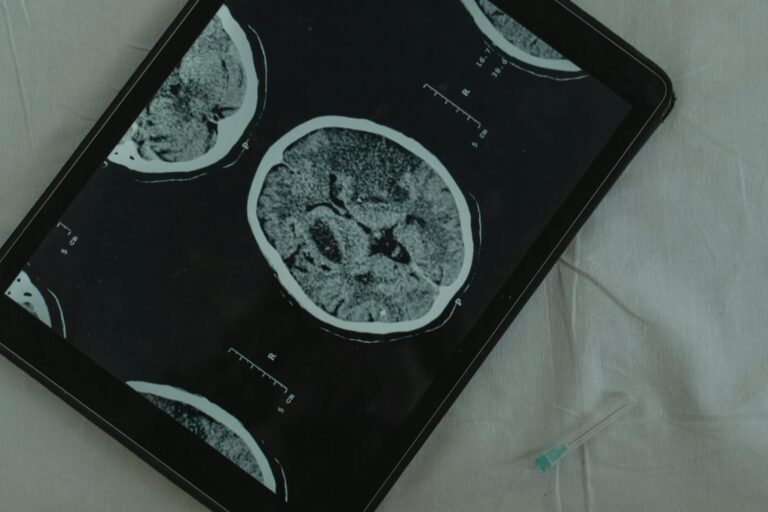The brain is a complex and mysterious organ, responsible for controlling our thoughts, emotions, and bodily functions. For centuries, scientists have been trying to unravel its secrets and understand the intricate processes that take place inside our brains.
One of the most fascinating discoveries in recent times has been the breakthrough in understanding the brain’s waste clearance system. Yes, you read that right – our brains have a waste clearance system, just like our bodies do.
For a long time, it was believed that the brain was a closed system with no direct connection to the rest of the body’s waste disposal system. However, in 2012, a team of researchers from the University of Rochester Medical Center made a groundbreaking discovery that shattered this belief.
They found a network of vessels called the glymphatic system, which was responsible for clearing waste and toxins from the brain. This system works in a similar way to our lymphatic system, which is responsible for removing waste from the rest of our body.
The glymphatic system is made up of a series of channels that run alongside blood vessels in the brain. These channels are lined with specialized cells called glial cells, which act as a barrier between the brain and the rest of the body. The glial cells form a tight seal around blood vessels, allowing only certain substances to pass through.
So, how does this waste clearance system work? When we sleep, our brains go through a process called the glymphatic clearance cycle. During this time, the glial cells shrink, allowing cerebrospinal fluid (CSF) to flow more freely through the brain. This CSF then flushes out waste products such as beta-amyloid, a toxic protein that can contribute to Alzheimer’s disease.
This discovery has huge implications for our understanding of brain health and disease. It has long been known that sleep is essential for our brain’s proper functioning, but now we know that it plays a crucial role in waste clearance as well. Disruption of the glymphatic system has been linked to neurodegenerative diseases such as Alzheimer’s and Parkinson’s. Lack of sleep or poor sleep quality can impair the glymphatic clearance cycle, leading to a buildup of toxins in the brain.
This breakthrough has also led to new avenues for research and potential treatments for these diseases. Scientists are now exploring ways to enhance the glymphatic system’s function, such as using certain drugs or techniques to stimulate the flow of CSF through the brain.
But it’s not just neurodegenerative diseases that are affected by the brain’s waste clearance system. In recent years, researchers have also found a link between the glymphatic system and mental health disorders such as depression and anxiety. It is believed that the buildup of waste products in the brain can disrupt neural pathways and contribute to these conditions.
Furthermore, understanding the glymphatic system has also shed light on how anesthesia affects the brain. Researchers have found that certain anesthetics can disrupt the glymphatic clearance cycle, potentially causing long-term cognitive impairment in patients.
The discovery of the glymphatic system has opened up a whole new field of research, with scientists around the world working to uncover its full potential. It has also highlighted the importance of getting enough quality sleep for our brain’s health and well-being.
So, what can we do to keep our brain’s waste clearance system functioning at its best? First and foremost, getting enough sleep is crucial. The average adult needs 7-9 hours of quality sleep per night. Additionally, staying hydrated and maintaining a healthy lifestyle can also support the glymphatic system’s function.
In conclusion, the breakthrough in understanding the brain’s waste clearance system has been a game-changer in neuroscience. It has given us a deeper understanding of how our brains work and how we can support their health. With further research, we may be able to find new treatments for various brain disorders and improve our overall brain health. So, let’s prioritize our sleep and take care of our brains – the most vital organ in our body.





